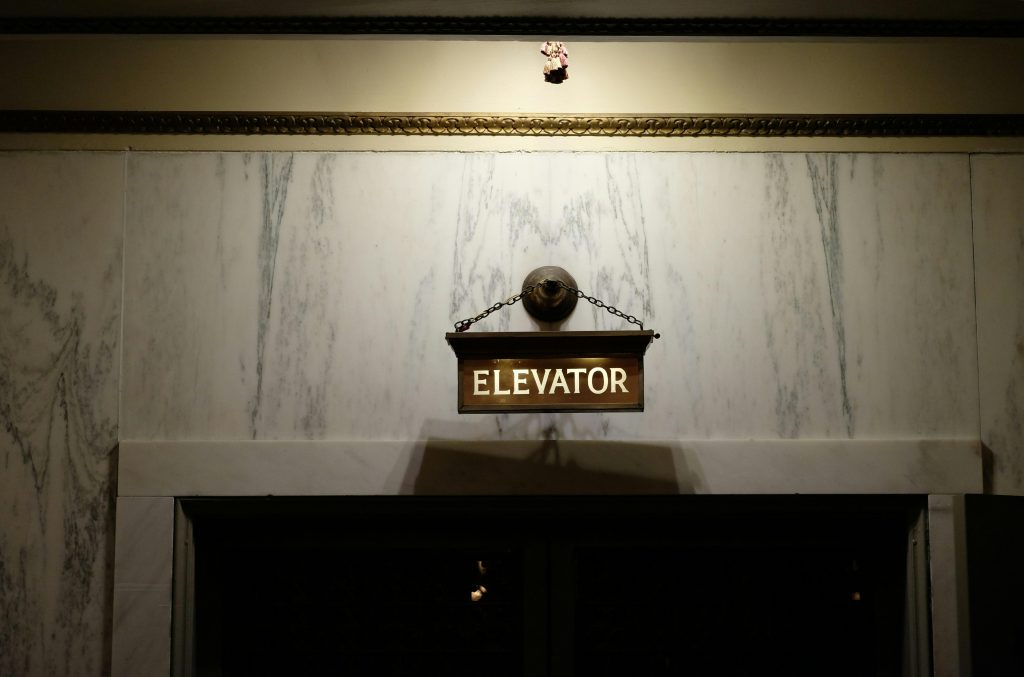Stanley Kubrick’s 1971 film adaptation of Anthony Burgess’s novel, “A Clockwork Orange,” remains a cornerstone of cinematic discourse, revered and reviled in equal measure for its audacious exploration of violence, free will, and societal decay. At first glance, the film’s visceral imagery and dystopian narrative might overshadow its intricate layers of meaning, yet beneath its provocative surface lies a tapestry of philosophical inquiries and cultural critiques. This article delves into the hidden meanings embedded within “A Clockwork Orange,” unraveling the complex interplay between its symbolic elements and the broader socio-political commentary it offers. With a confident stride into the labyrinth of Burgess’s vision and Kubrick’s cinematic execution, we aim to illuminate the nuanced dialogues on human nature and morality that resonate as powerfully today as they did over five decades ago.
Exploring the Symbolism of Language and Power Dynamics
In Anthony Burgess’s A Clockwork Orange, language becomes a powerful tool that underscores the intricate dynamics of control and rebellion. The novel’s invented slang, Nadsat, serves as a double-edged sword. On one hand, it acts as a barrier between the youthful protagonists and the adult world, creating a secretive language that asserts their independence and identity. On the other hand, it subtly manipulates the reader, forcing them to engage with the text on a deeper level to decipher its meaning, thus highlighting the power of language in shaping perception and understanding.
- Control and Manipulation: The state’s use of psychological conditioning represents the ultimate exertion of power over the individual, stripping away free will.
- Resistance and Identity: Alex and his gang’s adoption of Nadsat underscores their rebellion against societal norms and the authority imposed upon them.
- Transformation and Consequence: The transformation of language reflects the transformative journey of Alex himself, from a figure of chaotic freedom to one of enforced conformity.
Burgess’s narrative demonstrates that language is not merely a means of communication but a profound instrument of power. Through the complex interplay of invented dialect and societal control, A Clockwork Orange explores the subtle ways in which language can both empower and oppress, revealing its central role in the dynamics of power.

Unpacking the Psychological and Philosophical Themes
Delving into the psychological and philosophical dimensions of A Clockwork Orange unveils a rich tapestry of themes that challenge our understanding of free will, morality, and the essence of humanity. At its core, the narrative confronts the notion of whether true goodness can exist without the freedom to choose. The protagonist, Alex, becomes a canvas for exploring the dichotomy between free will and state-imposed morality. His journey forces readers to question if enforced compliance, devoid of personal choice, strips individuals of their humanity.
- Free Will vs. Control: The novel poses a critical inquiry into the balance between individual autonomy and societal order. Is a coerced peace truly preferable to a chaotic freedom?
- The Nature of Evil: Alex’s violent tendencies and subsequent conditioning raise questions about inherent evil and whether it can be truly eradicated through external manipulation.
- Identity and Dehumanization: The transformation Alex undergoes serves as a metaphor for the loss of self, as the imposition of a moral framework by the state reduces him to a mere automaton.
These themes resonate deeply within the human psyche, prompting introspection about the limits of power and the essence of moral choice. The philosophical undercurrents in Burgess’s work compel us to consider the ethical implications of using technology and psychological conditioning to reform individuals, questioning whether such methods respect or undermine the sanctity of the human spirit.

Analyzing the Role of Free Will and Moral Choice
In Anthony Burgess’s A Clockwork Orange, the concept of free will is not just a thematic element but a cornerstone of the narrative’s philosophical exploration. The protagonist, Alex, is subjected to the Ludovico Technique, a form of aversion therapy that removes his ability to choose between good and evil. This forced compliance raises profound questions about the nature of morality and autonomy. Can a person truly be considered ‘good’ if they lack the freedom to choose otherwise? Burgess seems to argue that the essence of humanity lies in the capacity for moral choice, even if that choice leads to evil actions.
- Free Will vs. Determinism: The narrative challenges the idea that predetermined behavior can coexist with moral integrity.
- Moral Responsibility: By stripping Alex of his free will, the state assumes responsibility for his actions, blurring the lines of accountability.
- Ethical Implications: The ethical debate surrounding the use of behavioral conditioning techniques questions the balance between societal safety and individual rights.
Ultimately, Burgess’s work suggests that the absence of free will renders a person mechanistic, akin to a ‘clockwork orange’—organic on the outside but controlled and predictable on the inside. This metaphor underscores the novel’s critique of any system that seeks to suppress individual choice under the guise of societal good.

Recommendations for Further Study and Interpretation
To deepen your understanding of the intricate themes woven throughout Anthony Burgess’s A Clockwork Orange, consider exploring a range of scholarly interpretations and critical analyses. Burgess’s use of language, particularly Nadsat, provides a unique lens through which to view the interplay between identity and societal control. Delving into linguistic studies that dissect this fictional argot can offer insights into how language shapes thought and behavior. Additionally, examining the psychological underpinnings of Alex’s character can reveal the nuanced portrayal of free will versus determinism. Journals focusing on dystopian literature often explore these themes, providing a rich context for further exploration.
For a broader perspective, engage with multidisciplinary resources that touch on historical and philosophical contexts. Consider these avenues for study:
- Comparative analyses of dystopian works by authors like George Orwell and Aldous Huxley.
- Philosophical essays on the nature of morality and the ethics of punishment.
- Historical accounts of youth culture and rebellion in post-war Britain.
- Film studies critiques of Stanley Kubrick‘s adaptation and its impact on visual storytelling.
By expanding your inquiry into these areas, you’ll uncover deeper layers of meaning and enhance your appreciation of Burgess’s complex narrative.








